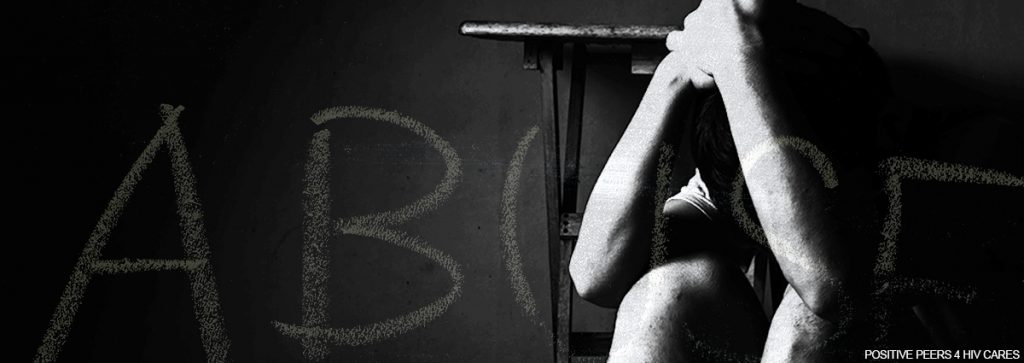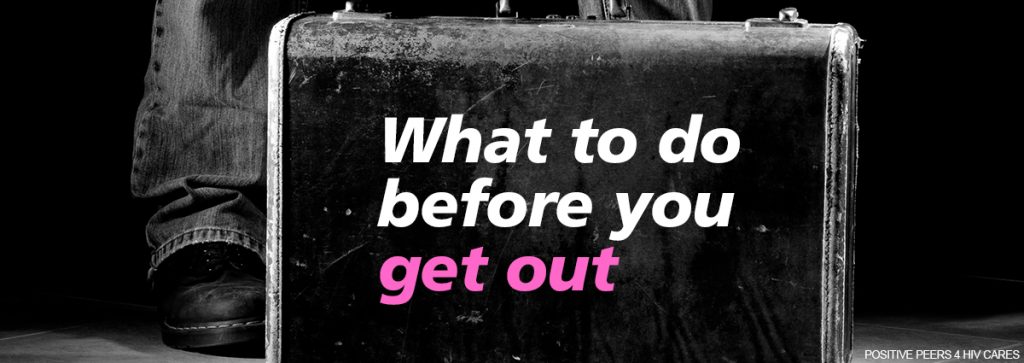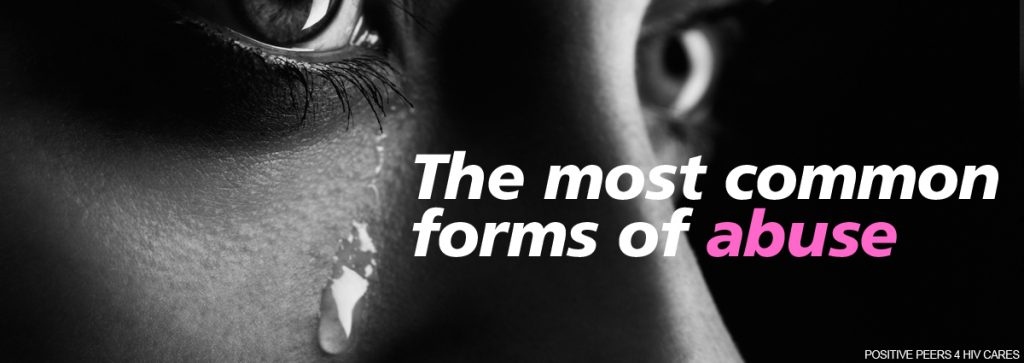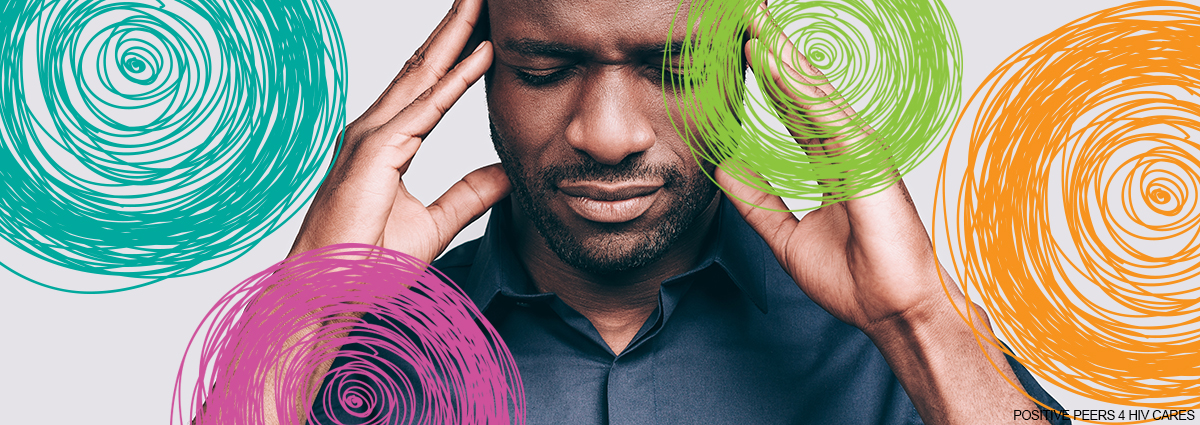
By: Jennifer McMillen Smith, LISW-S, HIV Social Worker at MetroHealth Medical Center and medically reviewed by Ann K. Avery, MD, Infectious Disease Physician at MetroHealth Medical Center
When it comes to escaping an abusive relationship, there’s no time like the present.
Well, picking up and leaving right now might be tricky, but if somebody keeps hurting you, you may want to start planning your get-away.
When you’re living with HIV, reducing stress helps your meds do their job. Abuse is the worst kind of stress — all it does is add to your worries and subtract from your self-esteem.
It’s important to understand there are all kinds of abuse…and that you don’t have to put up with any of them!
The most common forms of abuse
Physical: If somebody’s beating you up and leaving cuts, bruises, scratches, broken bones, dislocated shoulders, and so on, you have the right to protect yourself.
Most physical abuse happens in cycles of anger, injury, apology, and good behavior. Then the anger starts bubbling back up like lava in a volcano and the cycle repeats itself.
Your partner (it’s a myth that only cis-gender male partners can be physically abusive) might lose it once and shove you, then feel terrible shame and vow never to do it again, and keep their word. But if somebody hits you twice, it may be safe to assume they’ll never stop.
It may sound extreme but this is the lesson of hard experience: many abusers eventually lose it completely and kill somebody. It could be you, your kids, a sibling, or even a pet.
That’s way too much danger in your life.
Sexual: A type of physical abuse is being forced to have sex in ways that bring you no pleasure and cause lots of pain. Sex without consent is rape.
Emotional: Many abusers get inside your head and try to make you feel worthless. They criticize everything you do, tell you you’re ugly, lazy, or stupid, and humiliate you in front of your friends.
They do controlling things like not letting you leave the house and they keep you away from your friends and family. And when they do let you see your fam, they’ll do things like make you take a selfie at mom’s house to “prove” you were there.
They punish you with the silent treatment or scream in your face over trivial things. Some abusers even have a way of twisting things around and making you feel like you’re crazy for bringing up bad things that you know happened, but they make you question your own memory and perceptions (this is called gas lighting).
It’s bad enough to get punched in the face and stare at a black eye for a few days. But months and years of isolating you from those who love you, insults and degrading statements don’t heal in a week. The damage from emotional abuse can last years.
Financial: Relationships are supposed to be partnerships, but sometimes an abuser will withhold money from their partner — even if it’s the partner’s cash.
It might not seem that bad compared to more flagrant abuse, but it still hurts people. Financial abuse is a perfectly good reason to get out of a relationship.
Stalking: Some abusers use technology or other means to obsess over and harass their victims. You don't have to suffer through threats, intimidation, and harassment.
Come join our private, stigma-free, supportive community.
Health management tools with medication & appointment reminders.
Social networking in a community conversation & private chats.
Where can I get help if I’m being abused?
One important thing to remember when you’re being abused, is that you’re not alone. There is a National Domestic Violence Hotline number you can call and most cities have local numbers and organizations. Trained professionals, many of whom have been through domestic violence themselves, are ready to help you escape and address your abuse. Here’s a short list of Cleveland organizations with special programs available to aid you:
Legal Aid Society of Cleveland’s domestic violence program
- Domestic Violence and Child Advocacy Center
- Laura’s Home: The Women’s Crisis Center
- Circle Health Services Trauma Recovery Center
Next up: how to get ready to leave.

What to do before you get out
When you’ve decided you’ve had enough and are ready to leave, it’s a great idea to plan your escape with extreme care, precision, and secrecy.
Here are three quick tips:
- Tell your plans to somebody you trust absolutely to protect your safety and keep your intentions secret from your abuser. Create a code for informing your trusted ally that you need help.
- Set aside as much money as you can. Think about starting a separate bank account or leaving some cash with your trusted ally.
- Pack a get-away bag with an extra set of keys, important documents, clothes, cash, and medication. Store at your trusted ally’s house.
The most important thing about escaping an abusive situation is making up your mind to get out. That can be the hardest decision because your abuser will use every trick in the book to keep you in their orbit — guilt, shame, fear, intimidation, isolation.
Staying with abusers rewards their bad behavior.
Getting away proves you are in charge of your life. It’s never easy, but it’s necessary. Remember, when you were first diagnosed with HIV, you may have not thought you were strong enough to live with it and still be happy, but today you’re thriving. In the same way, when you’re struggling with whether you can get out of an abusive relationship, remind yourself that you’re stronger than you think you are.
We believe in you.
Related Blogs:



